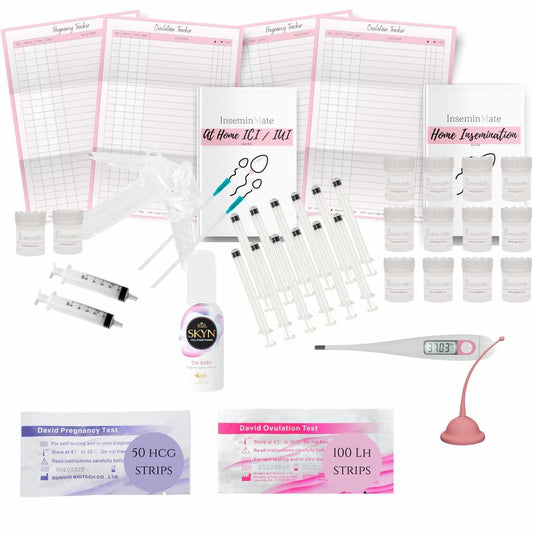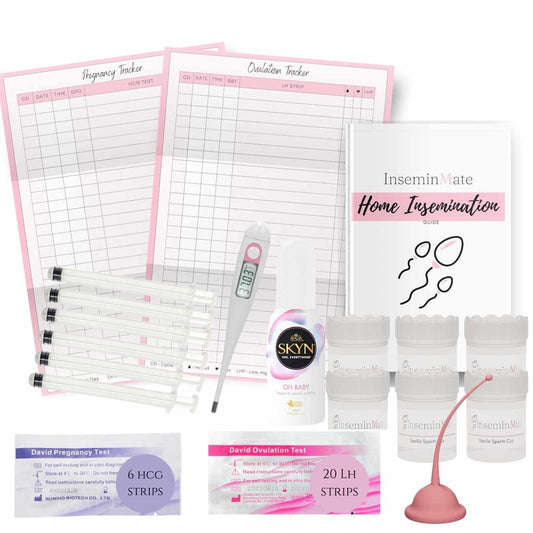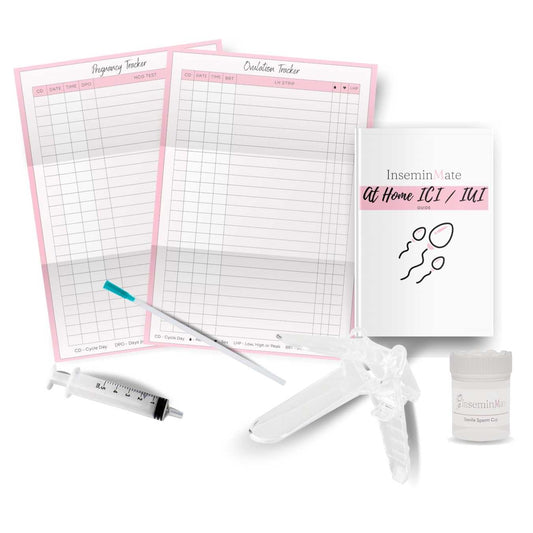Success rates of home insemination can vary depending on a variety of factors such as age, fertility status, sperm quality, and timing of insemination. According to some studies, the success rates of home insemination are similar to those of in-office insemination.
One study published in the journal Human Reproduction found that the pregnancy rate per cycle for home insemination was 22.5%, while the pregnancy rate per cycle for in-office insemination was 23.3%. However, it is important to note that success rates can vary and there are no guarantees for any method of conception.
There are a few things that individuals and couples can do to increase their chances of success with home insemination. These include tracking ovulation to ensure timing is optimal, using high-quality sperm from a reputable sperm bank, and using proper techniques and equipment for insemination. At InseminMate, we provide a variety of products and resources to support individuals and couples in their journey towards parenthood through home insemination, including a step-by-step guide on how to inseminate at home.
It is important to note that individuals and couples should always consult with a medical professional before attempting home insemination or any method of conception. A medical professional can provide guidance on optimal timing, proper techniques, and any potential risks or complications.
In conclusion, home insemination can be an effective method of conception for individuals and couples who wish to avoid clinical settings or who may face challenges with fertility. While success rates can vary, tracking ovulation, using high-quality sperm, and using proper techniques and equipment can increase the chances of success. Individuals and couples should always consult with a medical professional before attempting home insemination or any method of conception.




